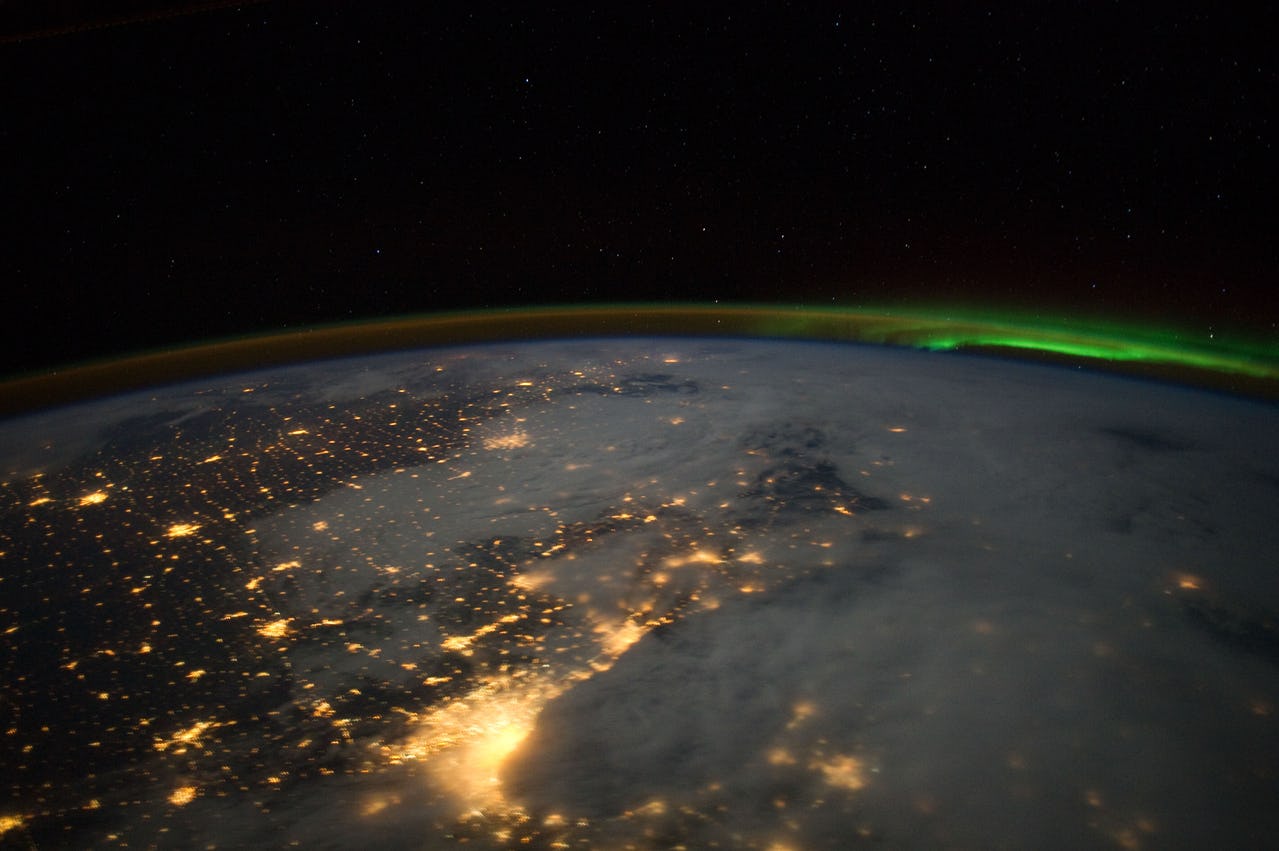The Arctic Security Constellation

This nighttime image features the Greater Chicago Metropolitan Area strung along the southwest shore of Lake Michigan, with minor auroral activity being visible. Photo: NASA’s Marshall Space Flight Center
In a rapidly changing Arctic, there is a need to engage in a comprehensive investigation into what Arctic security means in the 21st century. Together with the Danish journal POLITIK, The Arctic Institute has, thus, published a Special Issue, which aims to widen the debate on Arctic security relations through a more comprehensive dialogue inclusive of the many different types of security, their interactions, and their challenges. Each chapter provides one layer of a multi-modal lens of Arctic security that, together, weave a complex web of change.
The Arctic Institute Arctic Security Constellation Series 2017
- Arctic International Relations in a Widened Security Perspective
- Desecuritization as Displacement of Controversy
- Soft Securitization: Unconventional Security Issues and the Arctic Council
- Regional Order in the Arctic: Negotiated Exceptionalism
- Arctic Indigenous Societal Security at COP21
- Post-colonial governance through securitization?
- What Kind of Nation State will Greenland be?
- The Arctic Security Constellation
Afterword: The Arctic Security Constellation
The Arctic carries some peculiar paradoxes. As a space, it invokes an unusual degree of concreteness with its momentous geographical features and the relatively minor human presence compared to most other parts of the globe. And yet, at the same time, it is so obviously overloaded with cultural and mythological interpretations. On most maps it is the ultimate anchor at the top of the globe – and often what the map captures with least claim to correctness. Traditional security used to be about the states at the top of the hierarchy of stateness with superpower strategies colliding during the Cold War. Today the most important decisions are made in places like Nuuk, the capital of something that is sometimes a state, and sometimes prefer not to be one (Wæver 2004; Adler-Nissen and Gad 2012). When expanding the security perspective beyond states, the two new forms of security that pop up most often in relation to the Arctic are possibly those at opposite ends of a time spectrum. One is the most ‘traditional’ in the form of defending Indigenous cultures and other forms of life, and the other the most future-oriented one, climate change. Finally, the usefulness of the Arctic for testing and developing theory seems limited because it is surely not ‘typical’ in any normal sense, and thus hard to generalize from. Yet it is potentially productive for that same reason: an extreme case can be a demanding and sometimes creative challenge to the theory used.
Ole Wæver, Professor of International Relations and Director of Centre for Resolution of International Conflicts, Department of Political Science, University of Copenhagen.